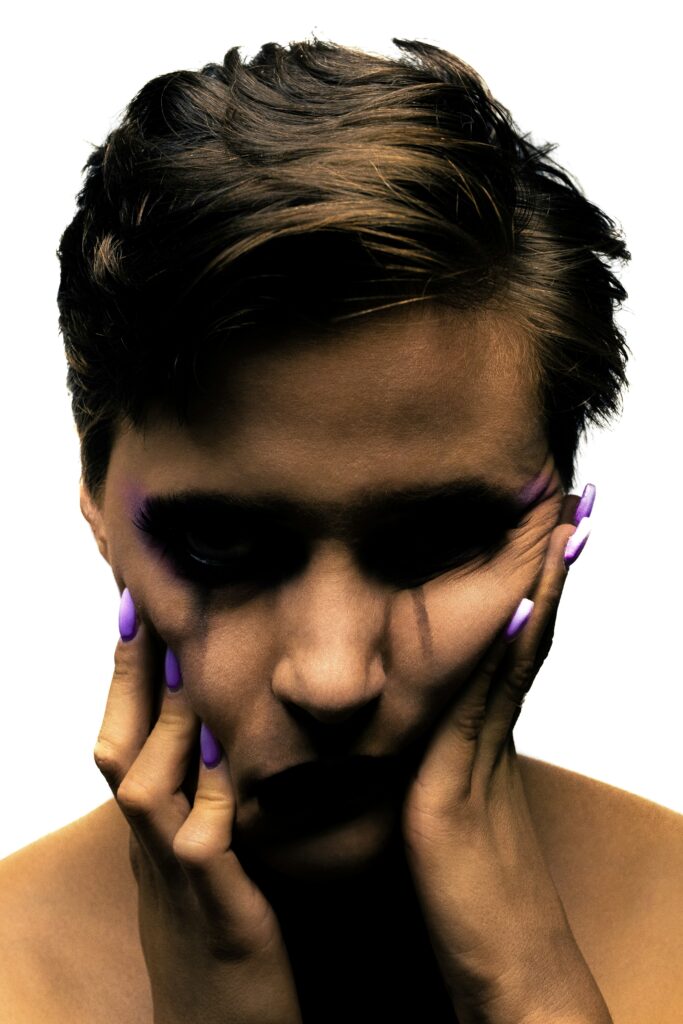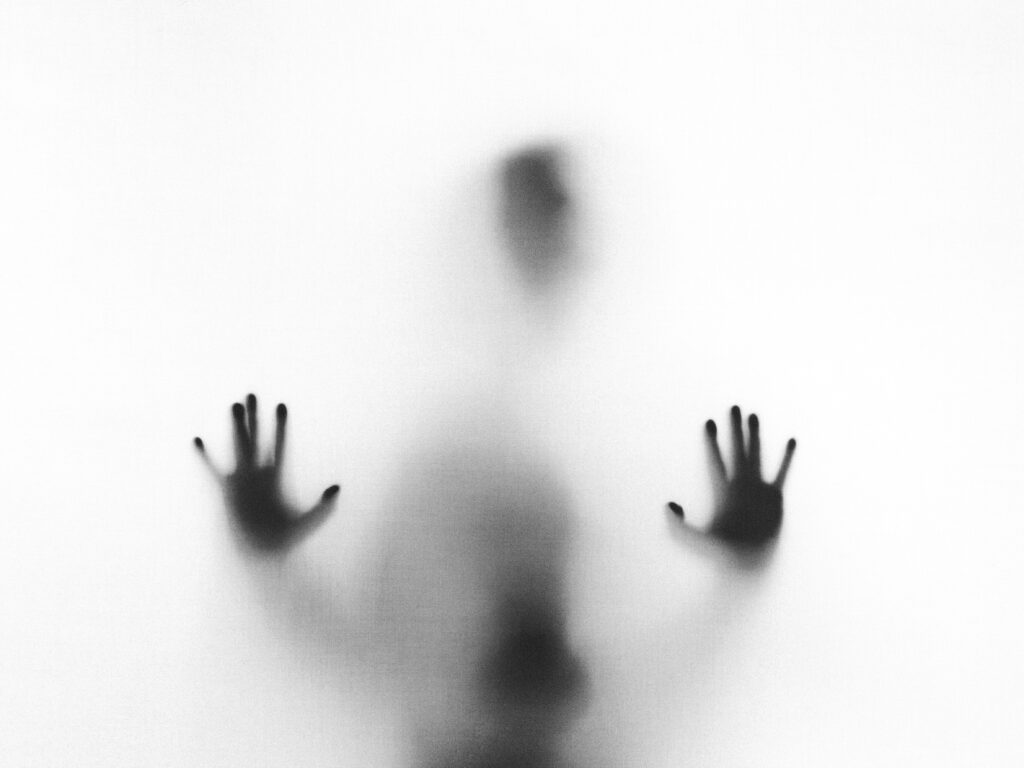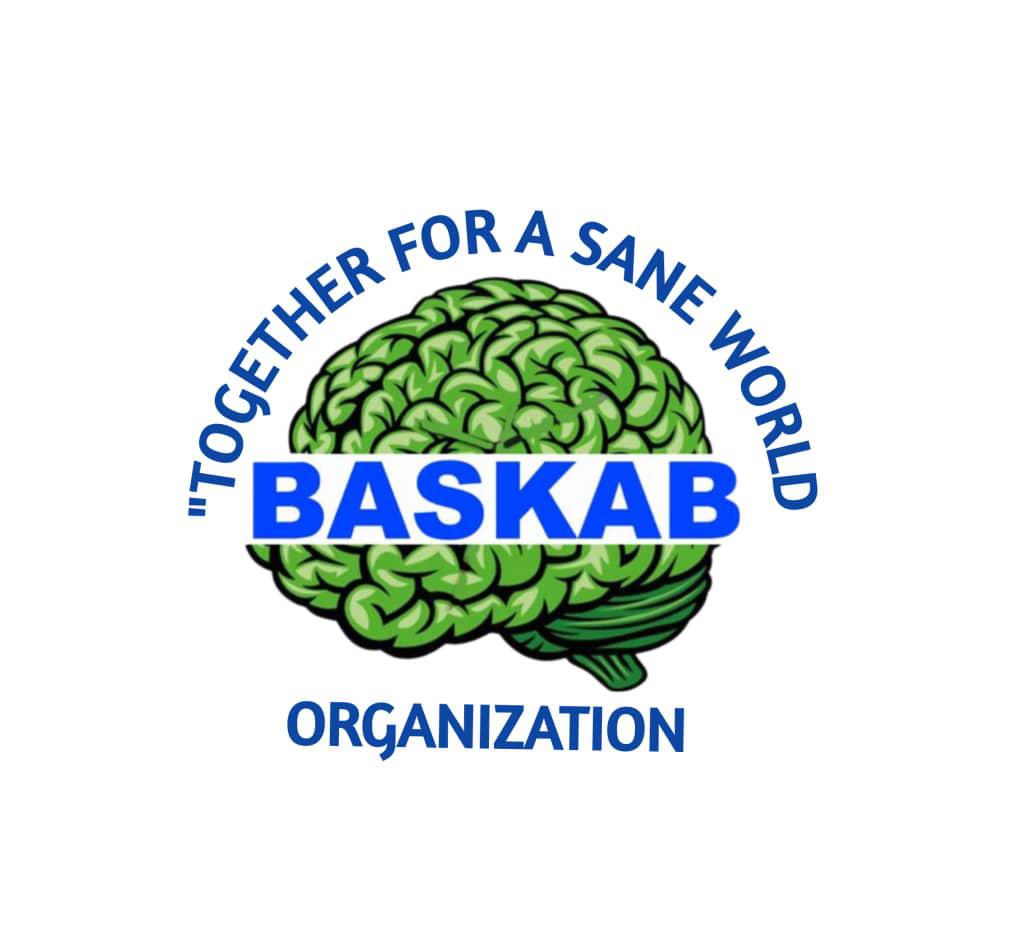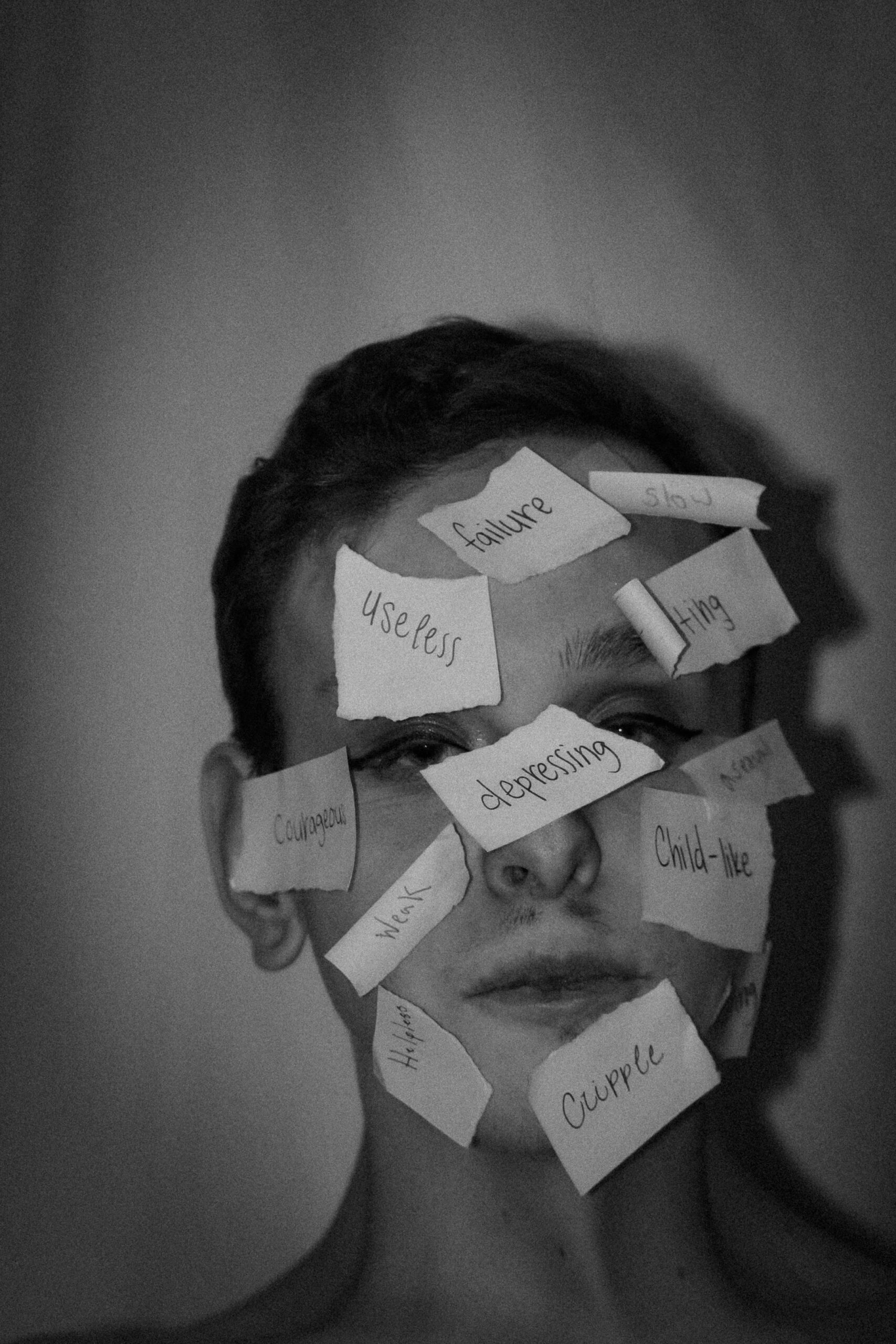Depression is a complex and multifaceted mental health disorder that can have a profound
impact on an individual’s life. In some cases, depression can lead to psychosis, a condition
characterized by a disconnection from reality. Understanding the relationship between
depression and psychosis is crucial for providing effective support and treatment.
Depression and Psychosis: A Complex Relationship
- Psychotic depression: A type of depression that involves psychotic symptoms, such as
hallucinations or delusions. This condition can be severe and requires prompt treatment. - Break from reality: Psychosis can cause individuals to experience a break from reality,leading to hallucinations, delusions, or disorganized thinking.
Symptoms of Psychotic Depression
i. Hallucinations: Hearing or seeing things that are not there.
ii. Delusions: Believing things that are not true, even when presented with evidence to the contrary.
iii. Disorganized thinking: Difficulty organizing thoughts or making logical connections.
iv. Changes in behavior: Withdrawal from social activities, changes in appetite or sleeppatterns.
Causes and Risk Factors
Personal or family history: Individuals with a history of depression, psychosis, or other
mental health conditions may be more susceptible to psychotic depression.o maintain a cohesive flow. You can include data, anecdotes, or expert opinions to reinforce your claims. Keep your language concise but descriptive enough to keep readers engaged. This is where the substance of your article begins to take shape.
Biological factors: Imbalances in neurotransmitters, genetics, and brain chemistry can
contribute to psychotic depression.
Environmental factors: Traumatic events, stress, and significant life changes can trigger
psychotic depression.


Treatment Options
Hospitalization: In severe cases, hospitalization may be necessary to ensure the
individual’s safety and provide intensive treatment.
Conclusion
The relationship between depression and psychosis is complex and multifaceted. Understanding
the symptoms, causes, and treatment options for psychotic depression is crucial for providing
effective support and treatment. If you or someone you know is experiencing symptoms of
psychotic depression, seek professional help promptly.
Medication: Antidepressants, anti psychotics, or a combination of both may be prescribed
to manage symptoms.
Therapy: Cognitive-behavioral therapy (CBT), psycho dynamic therapy, or other forms
of talk therapy can help individuals manage symptoms and develop coping strategies.


Leave a Reply